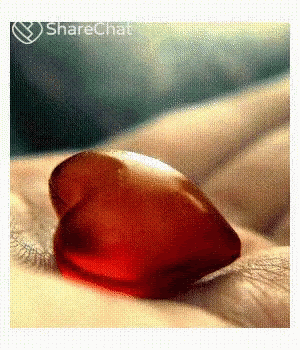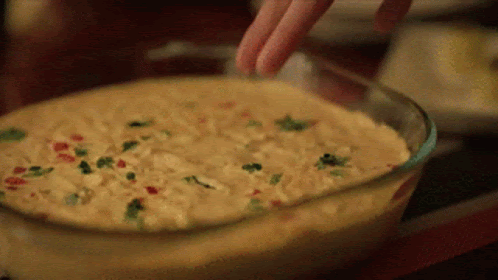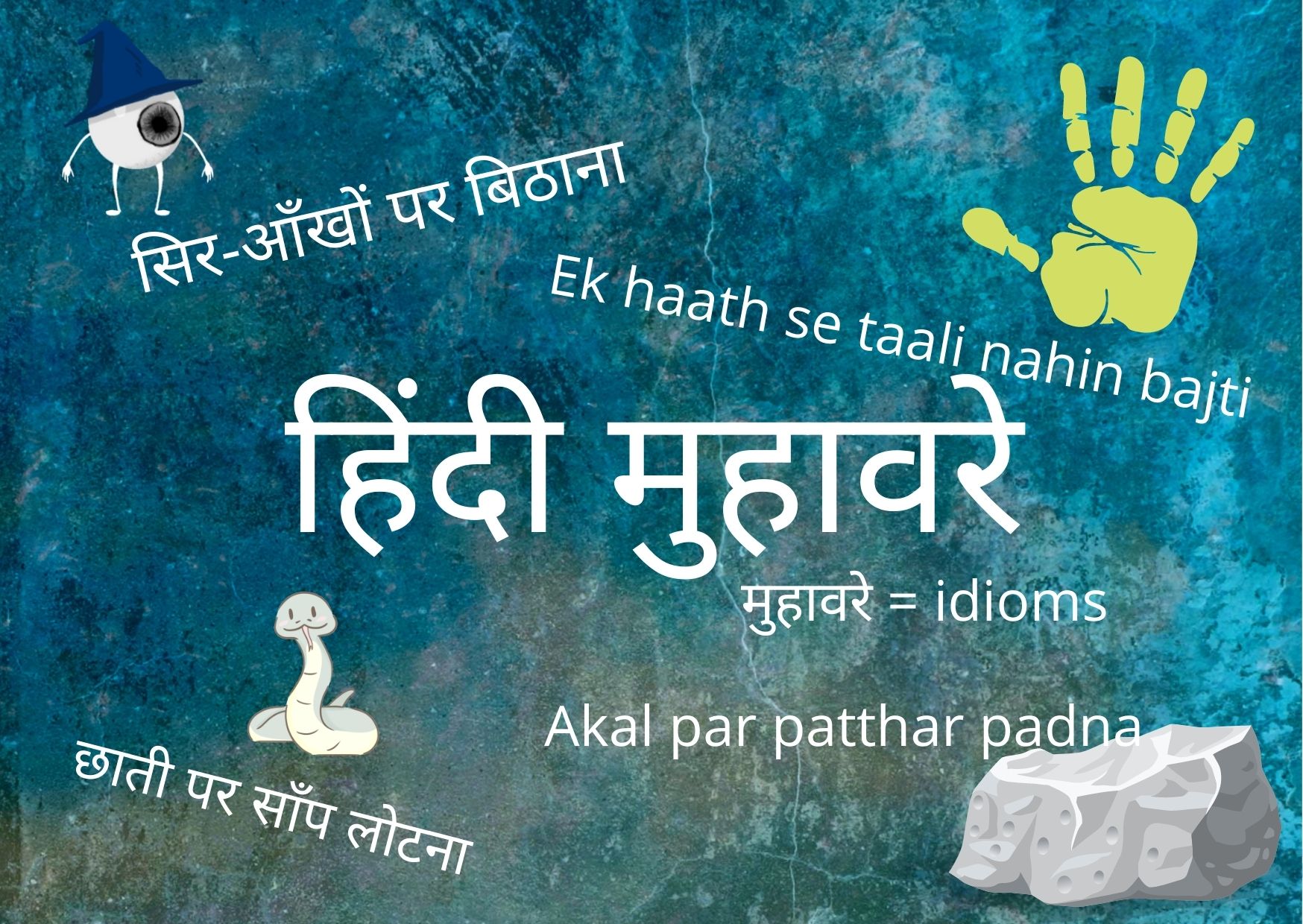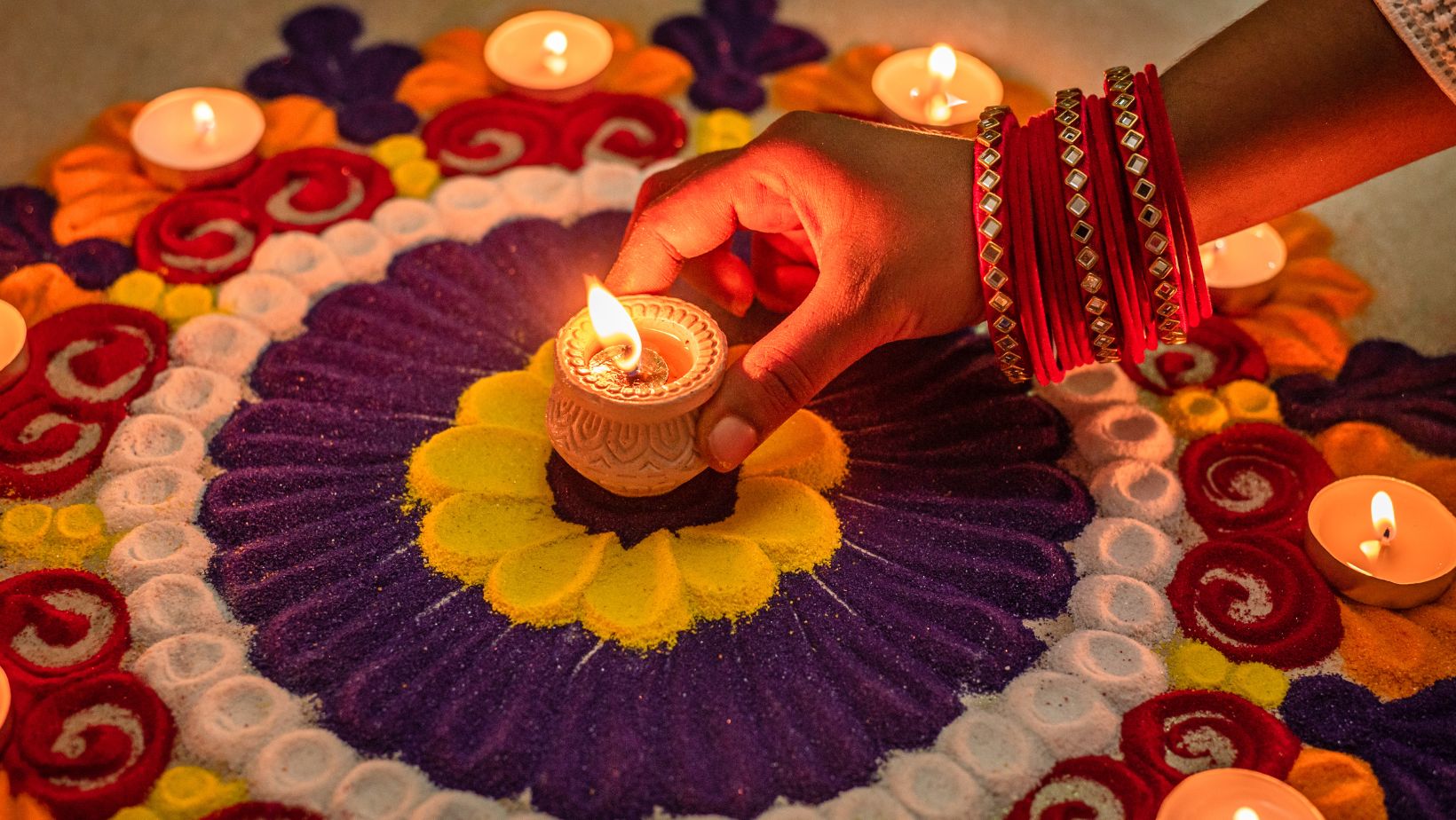Eight interesting Hindi Muhavare with their unique meanings
Understanding muhavaras is always fun. They add colour to conversation and text. Lets check out some common Hindi muhavaras!
Broadly speaking, a well-organized group of words, from which some specific meaning emerges characteristically and sometimes euphemistically, is called a Muhavara in Hindi. Sometimes it is sarcastic, sometimes even funny if tried to be interpreted literally.
Muhavaras make one’s language strong, dynamic and interesting. Their use brings wonderful pictoriality to the language. They add a punch to a statement that would otherwise sound dull and lifeless.
Let us look at 8 famous Hindi Muhavare and their interesting meanings!
Saraankhon pe bithana सिर-आँखों पर बिठाना

Interpreted literally it would mean to let one sit upon our head and eyes! Funny, isn’t it? However, this muhavara is used to communicate that we love someone dearly with all our heart and soul.
Man mein laddoo phootna, मन में लड़्डू फूटना

Sweets bursting within our heart is what the English translation would be. But it is used to ideally express the extreme elation and joyous feelings one experiences when something great happens in our lives.
Ek haath se taali nahin bajti, एक हाथ से ताली नही बजती

Literally, it means you can’t make a clapping sound with one hand meaning it takes two to make things work or alternatively it takes two to quarrel. We cannot simply blame or credit one person for something.
Chhati par saanp lotna, छाती पर साँप लोटना

The English translation means ‘to have a snake swirl on one’s chest’ which is quite petrifying to picturize, but the entire idea of using such extreme imagination is to express the very feeling that envy and jealousy can give you. The discomfort and negativity one feels is no less had there been a snake on one’s chest.
Akal par patthar padna, अक्ल पर पत्थर पड़ना

Literally it means 'rocks sitting on one's head'! This muhavara is used to convey that one has acted with extreme foolishness. It means that the person’s capability to think and act rationally has gone for a toss. Literally again, it is a funny interpretation of having a rock upon one’s head.
Jaan hatheli par rakhna, जान हथेली पर रखना

Literally it means, carrying your life in your palm'. At times when one acts with great bravery and courage, not bothering about the various risks that come along with an action, he is lauded with this phrase meaning that the person has done something that was equivalent to him keeping his heart in his palm. Literally or otherwise, it is a phrase that depicts the bravery of a person.
Pairon pe kulhadi maarna, पैरों पर कुल्हाड़ी मारना

The literal meaning of this Hindi muhavara is to 'hit your own foot with an axe!’ Now that sounds horrifying and painful.
Metaphorically it is used to convey that one has done something to cause themselves great damage and loss. An interesting way to express, I must say !
sar par bhoot sawaar hona, सिर पर भूत सवार होना

This is all the more amusing as it literally means to have a ghost sitting on one’s head. This muhavara means that one has lost all sense and sanity and our actions are no less than the kinds that reflect some madness.
panchon ungli ghee mein hona, उंगली घी में होना

All five fingers dipped in ghee. Picturized it literally?
This muhavara is used to express the great luck and good fortune one is experiencing presently. Definitely a pleasant interpretation this!
As you shall have noted all the 8 Muhavares tend to confuse those unfamiliar with them, and one needs to understand their true meanings to get a hold of their true intended.
Going through all these Hindi muhavares, one common factor that you shall have noticed is the use of one or the other bodily part in each one of them. Hindi Muhavares are of six types. One of the categories are based around the human body, like the ones mentioned above.
One can infer that it is done to strongly pass on the message that one intends, since the pain and feelings of happiness associated with our body can be comprehended more effectively. Also, one learns that the figurative meaning of each of these muhavares is different from their literal meaning. Whatever meaning they communicate, each muhavara is effective in conveying their meaning to a sentence which otherwise could have ended up being boring, lengthy and partly as effective as these are!
An interesting way of expression for sure! Do you have a favourite Hindi Muhavara? Tell us in the comments below.
--
Have you checked out the Forums on the Language Curry App?
Now you can interact, learn and discuss with other language learners like yourself.



